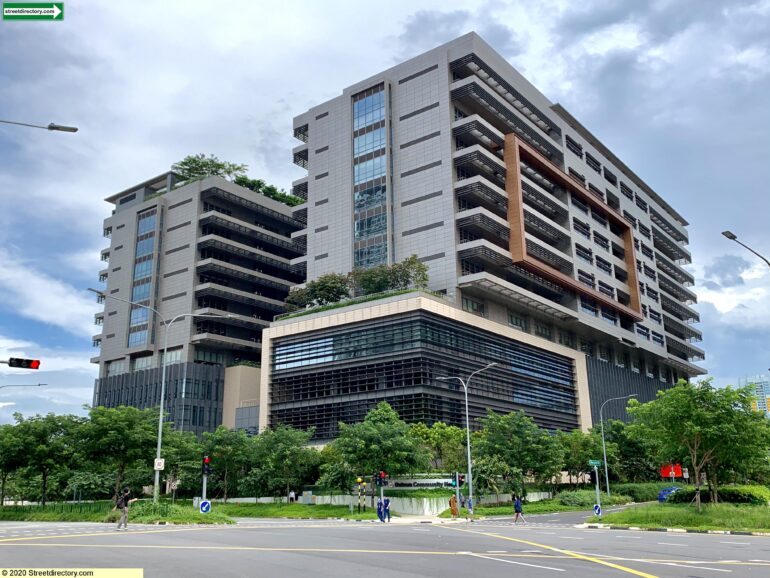TL;DR:
- Singapore General Hospital (SGH) adopts an in-house AI tool called CARES-ML to assess surgical risk and predict post-operative complications.
- CARES-ML utilizes the patient’s medical history, physical condition, and investigative test results to accurately evaluate the risk of complications.
- The tool reduces human error and provides over 90% accuracy in predicting the need for intensive care and 80% accuracy in predicting mortality within 30 days of surgery.
- It identifies factors that increase risk, such as body mass index and anesthesia type, enabling doctors to understand the underlying reasons for the AI-generated risk assessment.
- Doctors can use the tool to make informed decisions, such as postponing surgeries or recommending prehabilitation programs for patients.
- SGH can allocate resources more effectively, prioritize intensive care, and optimize patient outcomes based on precise risk assessments.
- CARES-ML is integrated into all surgical risk assessments at SGH, including high-risk procedures like total knee replacement and colorectal cancer surgery.
- The AI tool serves as a support system for doctors, offering a second opinion and considering more data points than human clinicians can.
- Doctors retain responsibility for patient outcomes, and their experience can still influence the AI-generated risk assessment.
Main AI News:
In a groundbreaking development, the Singapore General Hospital (SGH) has introduced an innovative artificial intelligence (AI) tool to aid doctors in evaluating the potential complications a patient may face after undergoing surgery. Known as the Combined Assessment of Risk Encountered in Surgery-Machine Learning (CARES-ML), this in-house creation by the hospital harnesses the power of AI to comprehensively analyze a patient’s medical history, physical condition, and various investigative test results, including blood tests. By doing so, it enables a more precise prediction of the risk of post-operative complications.
Traditionally, anaesthetists and surgeons at SGH had to manually review patients’ medical records to assess the likelihood of complications arising from surgery. However, this approach was prone to human error and oversight, leading to less accurate risk assessments. With CARES-ML, this concern is mitigated as the tool dramatically reduces human error. It boasts an impressive accuracy rate of over 90 percent for predicting the risk of a patient requiring intensive care and an 80 percent accuracy rate for forecasting the risk of mortality within 30 days of surgery.
CARES-ML not only predicts risk levels but also identifies the factors that contribute to increased risk, such as body mass index and the type of anesthesia employed. This invaluable information empowers doctors to gain deeper insights into the AI-generated risk assessment, enabling them to better anticipate and address potential complications that may arise during surgery. For instance, doctors may opt to postpone an operation or recommend a prehabilitation program for patients before their procedure.
By leveraging the precise and comprehensive risk assessment provided by CARES-ML, SGH can optimize the allocation of its resources, including prioritizing patients who require intensive care. This strategic resource allocation ensures that patients receive the necessary support and attention based on their individual needs. Moreover, the AI tool is integrated into all surgical risk assessments at the hospital, encompassing both high-risk procedures like total knee replacement and colorectal cancer surgery.
Associate Professor Hairil Rizal, a senior consultant of anaesthesiology, emphasizes that CARES-ML functions as a supportive tool for doctors rather than a replacement for their expertise. He affirms that machine learning, alongside other AI models, enhances clinicians’ decision-making processes by considering a vast array of data points that surpass human capacity. While doctors still retain the authority to modify the predicted risk level based on their professional judgment and experience, such adjustments must remain within the bounds of the AI-generated prediction.
Addressing concerns surrounding liability in the event of severe complications, including post-surgical mortality, Prof Hairil reassures patients that doctors remain fully involved in the decision-making process. As the primary determinants of a patient’s risk level and required care, doctors retain ultimate responsibility for patient outcomes. This collaborative approach ensures that AI serves as a powerful tool to aid doctors in providing the best possible care to their patients while upholding their professional accountability.
The multidisciplinary team responsible for CARES-ML, comprising anaesthetists, surgeons, and biostatisticians, has ambitious plans to expand the tool’s capabilities. Their ongoing efforts involve expanding the existing model to predict additional post-operative outcomes, such as the length of hospital stay and the risk of developing pneumonia. By continuously pushing the boundaries of AI integration in healthcare, SGH remains at the forefront of medical innovation, paving the way for safer and more effective surgical interventions.
Conclusion:
The introduction of CARES-ML, an AI tool for surgical risk assessment at Singapore General Hospital, signifies a significant advancement in the healthcare market. By leveraging the power of machine learning and comprehensive data analysis, the tool enhances doctors’ decision-making processes, resulting in more accurate risk assessments and improved patient outcomes. The reduced margin of error, precise risk prediction, and identification of risk factors enable doctors to anticipate complications and allocate resources efficiently. As AI integration continues to expand in healthcare, there is immense potential for improved surgical interventions, optimized resource allocation, and enhanced patient care across the market.

